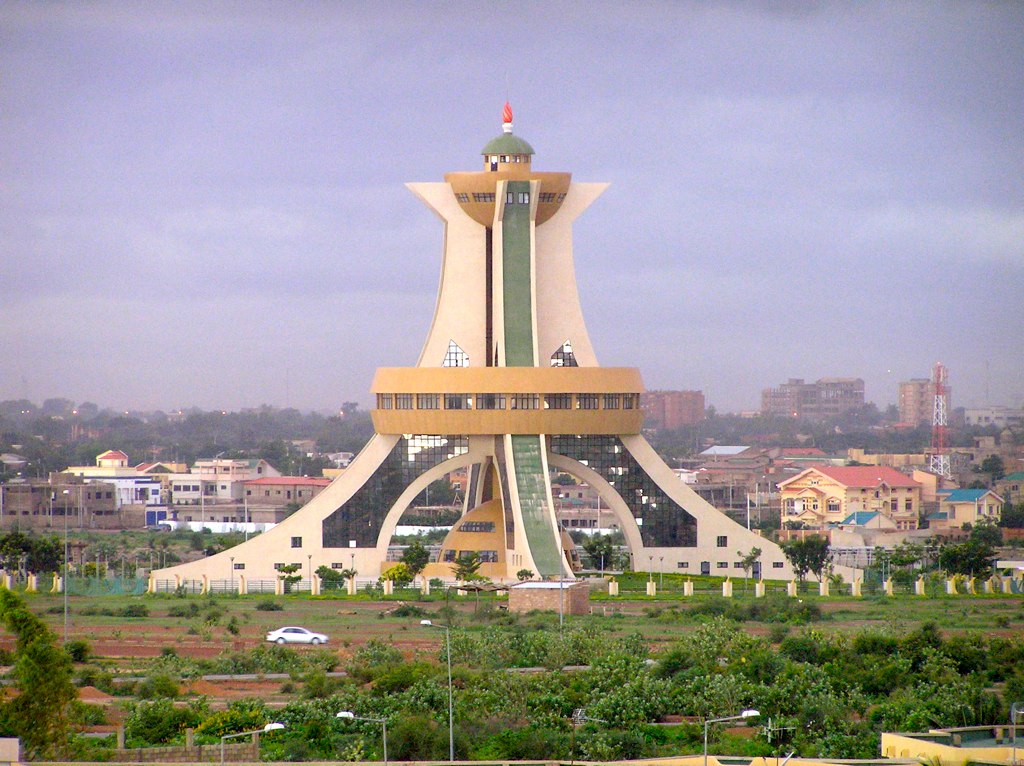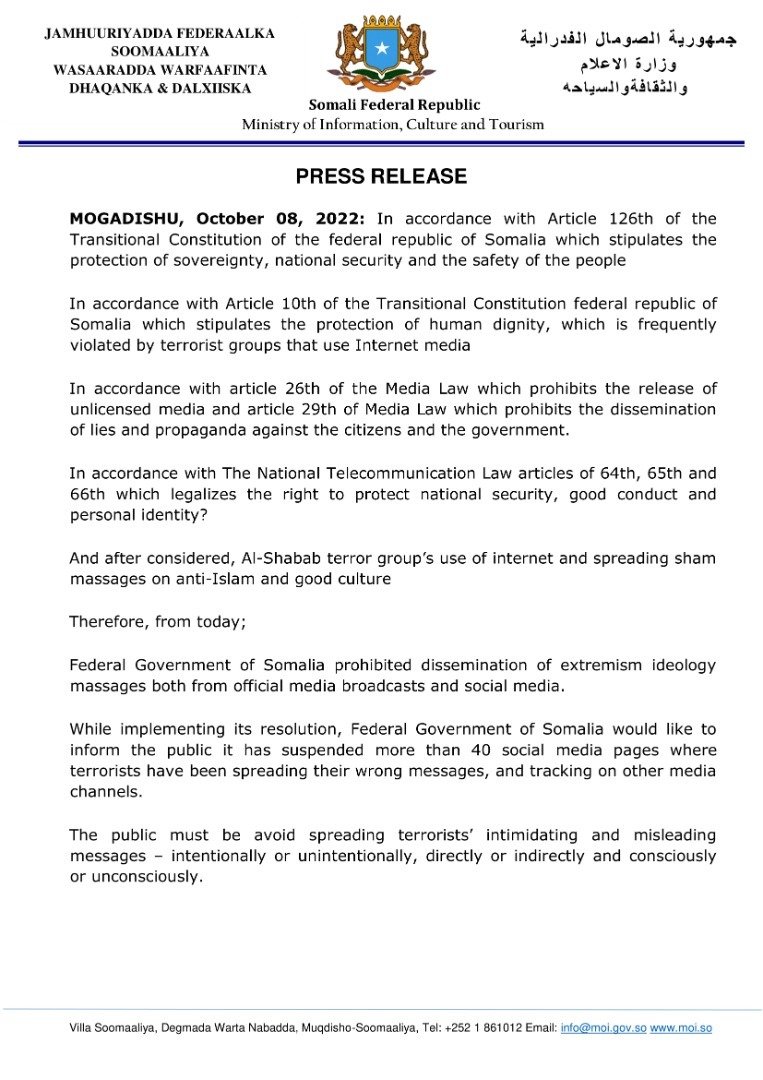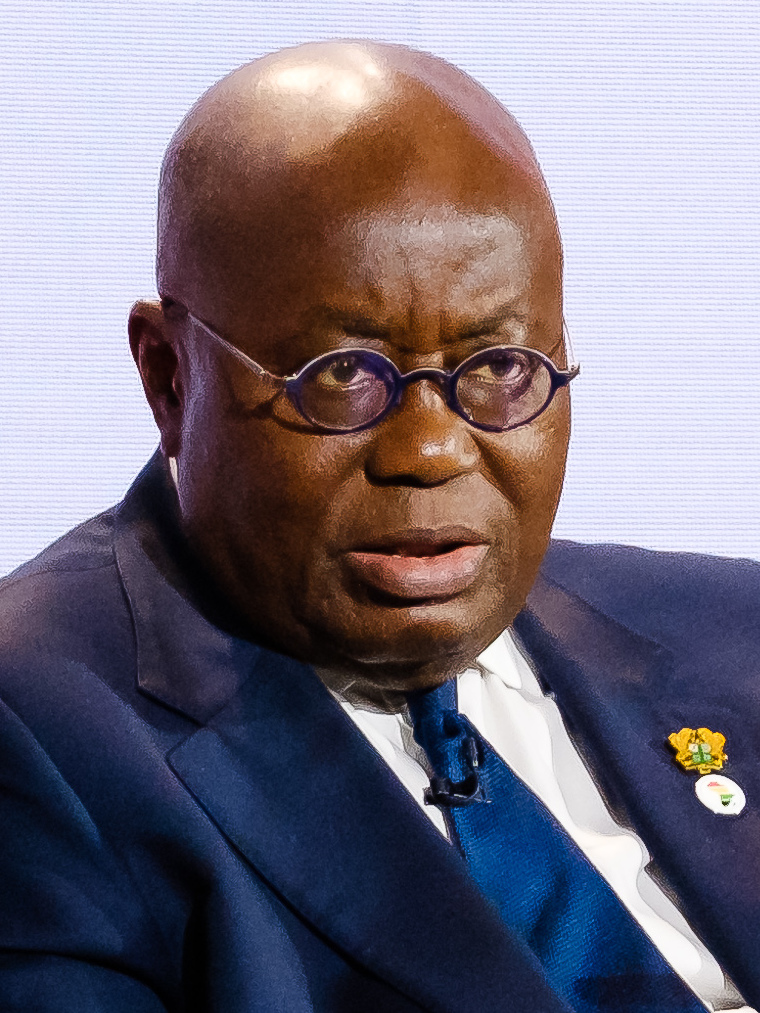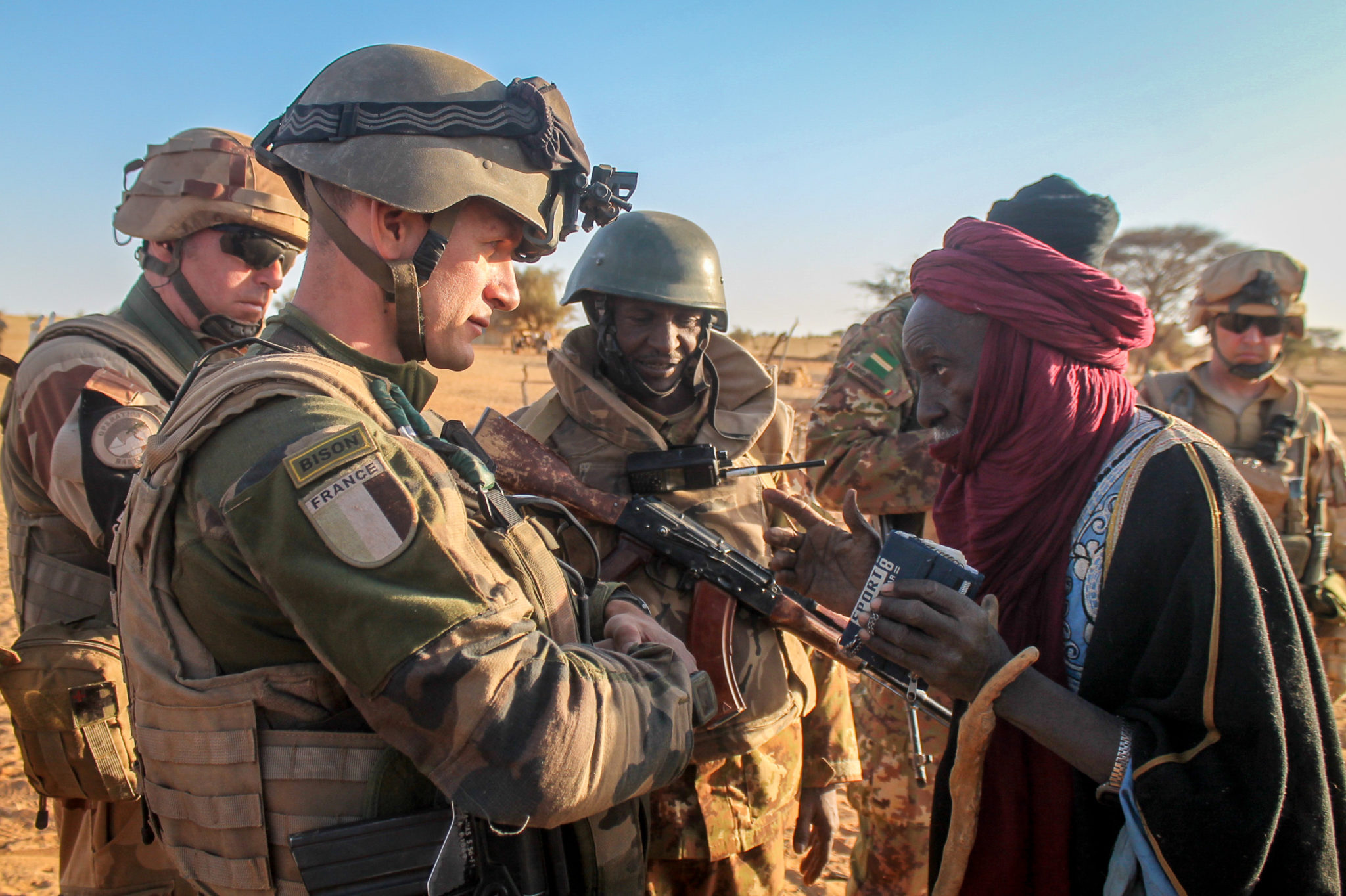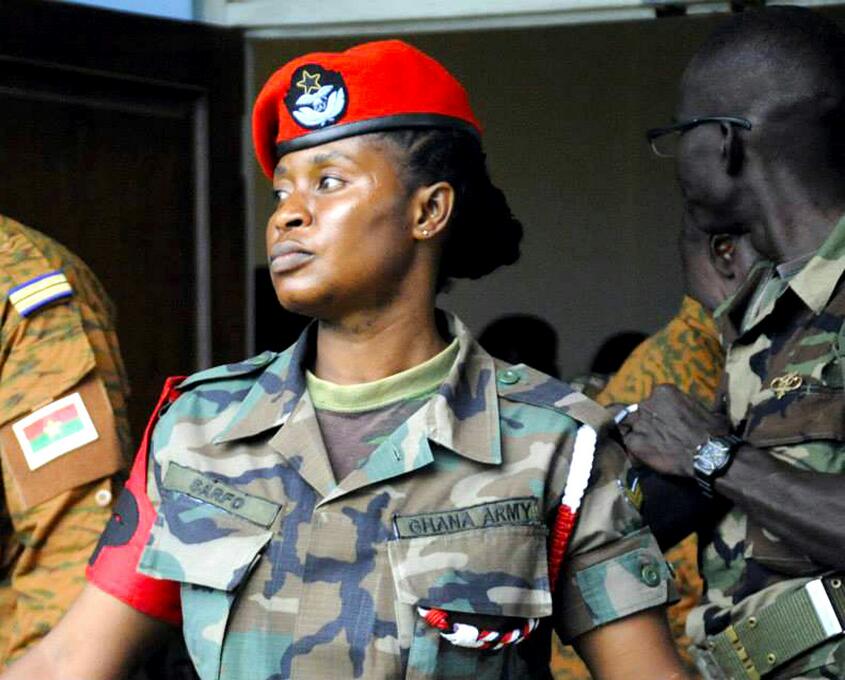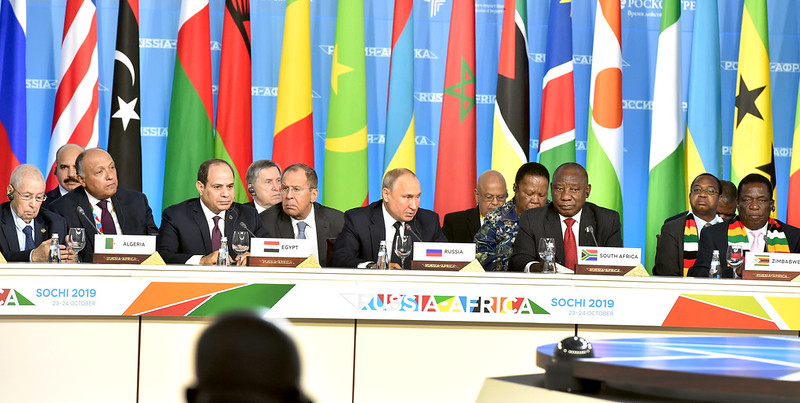
South African President Cyril Ramaphosa during a plenary session at the Russia-Africa Summit held in Sochi, Russia in October 2019.
“Increasingly isolated by the West because of its special operation in Ukraine, Russia is actively turning to Africa, which it seeks to seduce”
As Russia prepares to host the Russia-Africa Summit in St. Petersburg in the summer of 2023, commentators from across the African continent are offering insights as to how they perceive Russia trying to making inroads. In the first excerpted article from central African news aggregator L’Agence d’Information d’Afrique Centrale, writer Noël Ndong articulates the widely held perception that Russia seeks to expand its reach beyond its foothold of partners in Mali, the Central Africa Republic, and possibly Burkina Faso—most notably in other francophone African states. Ndong highlights former French stalwart ally Chad, as well as Morocco and Cameroon, noting Moscow’s rhetoric about aiding African states in their quests for energy independence.
The second excerpted article from Malian newspaper Le Journal de l’économie Malienne confirms the leader of Mali’s junta government, Assimi Goïta, recently received his invitation to the July 2023 meeting. The amity between two international pariahs should be unsurprising given that Goïta’s government relies on Russian Wagner mercenaries to stave off its spiraling jihadist insurgency, reportedly paying Wagner $10 million a month. A noted commentator on African geopolitical affairs, Gustavo de Carvalho, argues in the South Africa’s The Daily Maverick that in advance of the 2023 Russia-Africa Summit, the African Union needs to lead African efforts to have a unified front. While noting that in 2021, Russia was the largest arms supplier in Africa—supplying 44 percent of major arms to the continent—he also urges caution about what Moscow’s aggressive new posture means: “Given the continent’s relatively weak global position…Africa urgently needs a Russia strategy.”
Sources:
Noël Ndong, “Coopération: la Russie à l’assaut de l’Afrique (Cooperation: Russia on the assault in Africa),” L’Agence d’Information d’Afrique Centrale (Central Africa news aggregator), 18 October 2022. https://www.adiac-congo.com/content/cooperation-la-russie-lassaut-de-lafrique-142170
After Central African Republic, Mali, and Burkina Faso, Moscow is now on the hunt to conquer Morocco, Chad, and Cameroon…
With Morocco, Russia has approved a cooperation agreement in the field of the use of nuclear energy for peaceful purposes…. The agreement stipulates that Moscow will assist Rabat in the creation and improvement of nuclear energy infrastructure, the design and construction of nuclear reactors, as well as water desalination plants and particle accelerators. The agreement also consists of the provision of services in Morocco in the field of the fuel cycle, spent and radioactive nuclear fuel and waste management.
Increasingly isolated by the West because of its special operation in Ukraine, Russia is actively turning to Africa, which it seeks to seduce. Ambassador Extraordinary Oleg Ozerov, Head of the Russia-Africa Partnership Forum Secretariat at the Ministry of Foreign Affairs, said: “We see that African countries currently want to ensure an industrial transition of their economies. It will nevertheless be impossible to solve the problem of industrialization without having solved the problems of energy, without having granted access to electricity to the population and to the companies which must create industry and production.”
The second summit of the Russia-Africa Partnership Forum is scheduled for the summer of 2023. It aims to give new impetus to Russian-African political, trade, economic, investment, scientific, technical and humanitarian cooperation.
Aboubacar Traoré, “Mali: Le colonel Assimi Goïta invité au Sommet Russie-Afrique (Mali: Colonel Assimi Goïta invited to the Russia-Africa Summit),” Le Journal de l’économie Malienne (online Malian news source), 14 November 2022. https://www.lejecom.com/Mali-Le-colonel-Assimi-Goita-invite-au-Sommet-Russie-afrique_a6505.html
According to the diplomatic source, the Russian ambassador had come to officially deliver to Minister [of Foreign Affairs, Abdoulaye] Diop the letter by which the President of the Russian Federation, Vladimir Putin, invites his Malian counterpart, Colonel Assimi Goïta, to participate in the Russia-Africa Summit scheduled for July 2023 in St. Petersburg.
Also, the Russian diplomat took this opportunity to inform the Malian authorities of the upcoming visit to Africa, including to Mali, of Russian Foreign Minister Sergei Lavrov.
Gustavo de Carvalho, “Africa needs to forge a unified approach to Russia before 2023 Russia-Africa Summit,” The Daily Maverick (centrist South African newspaper), 3 August 2022. https://saiia.org.za/research/africa-needs-to-forge-a-unified-approach-to-russia-before-2023-russia-africa-summit/
For five days in July 2022, Russia’s Foreign Minister Sergey Lavrov traveled to four African nations to signal Russia’s push into the continent. The visit to Egypt, Democratic Republic of the Congo, Uganda and Ethiopia symbolises the Russian offensive to gain and reinforce international support…
While the July 2022 engagements in Africa yielded few tangible outcomes, Lavrov reinforced the criticism of Western policies in Africa, with a complementing narrative of the independent stance Africa has taken….
Russia has been ramping up its military relationships with several African countries for at least a decade. Its approach is often influenced by close ties between Russia’s arms industry and its infamous private security contractor, the Wagner Group. According to Sipri, a Swedish think tank, Russia was the largest arms supplier to Africa in 2021, accounting for 44% of continental imports of major arms. In total, Russia has signed military agreements with more than 20 African countries…
Given the continent’s relatively week global position…Africa urgently needs a Russia strategy. To that end, the AU can — and should — engage with its members in a more structured manner and help them put together joint positions on critical issues related to Russia and other partners, like the US, China, Europe and others…
Image Information:
Image: South African President Cyril Ramaphosa during a plenary session at the Russia-Africa Summit held in Sochi, Russia in October 2019.
Source: https://www.flickr.com/photos/governmentza/48951692933
Attribution: CC BY-ND 2.0


